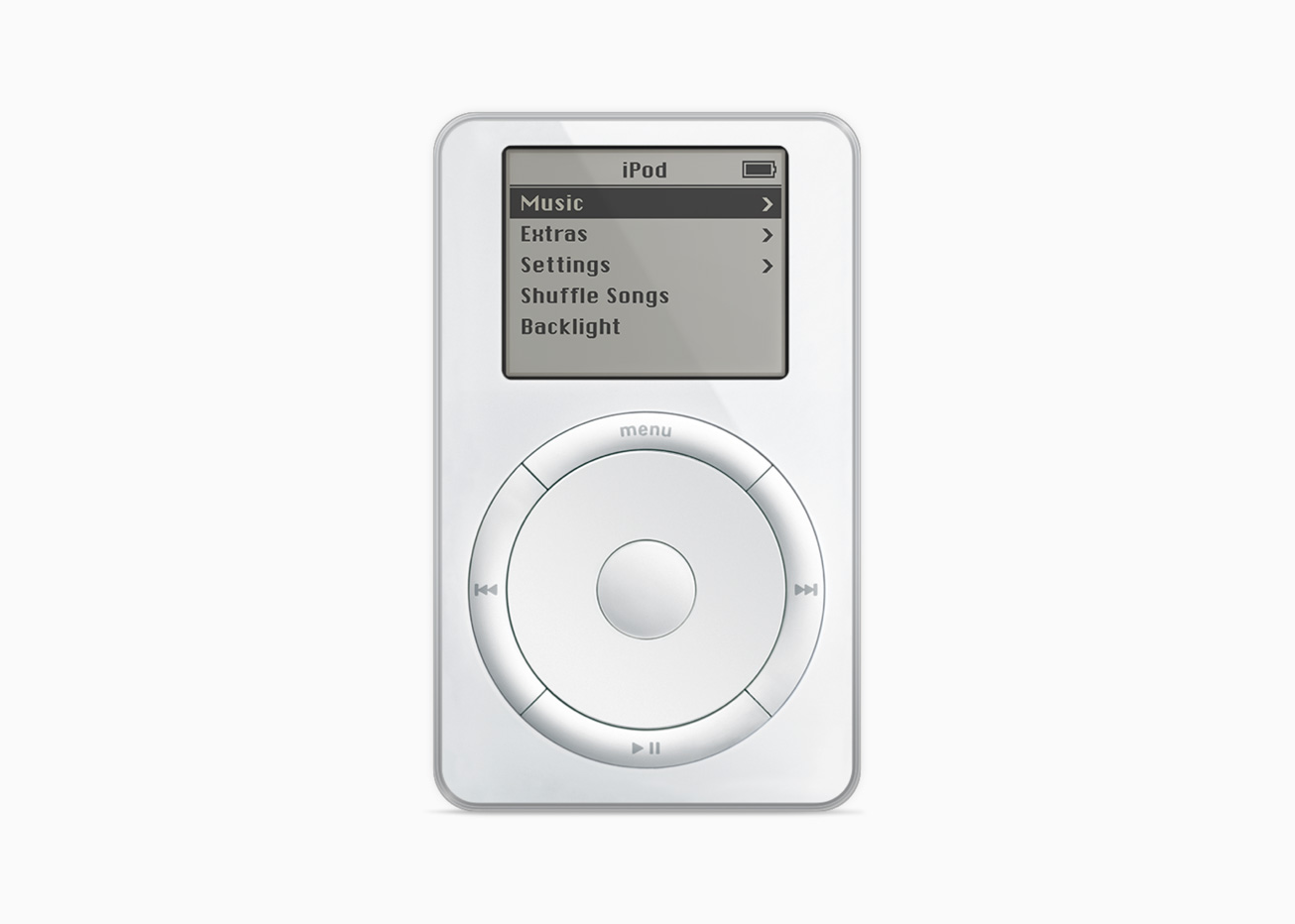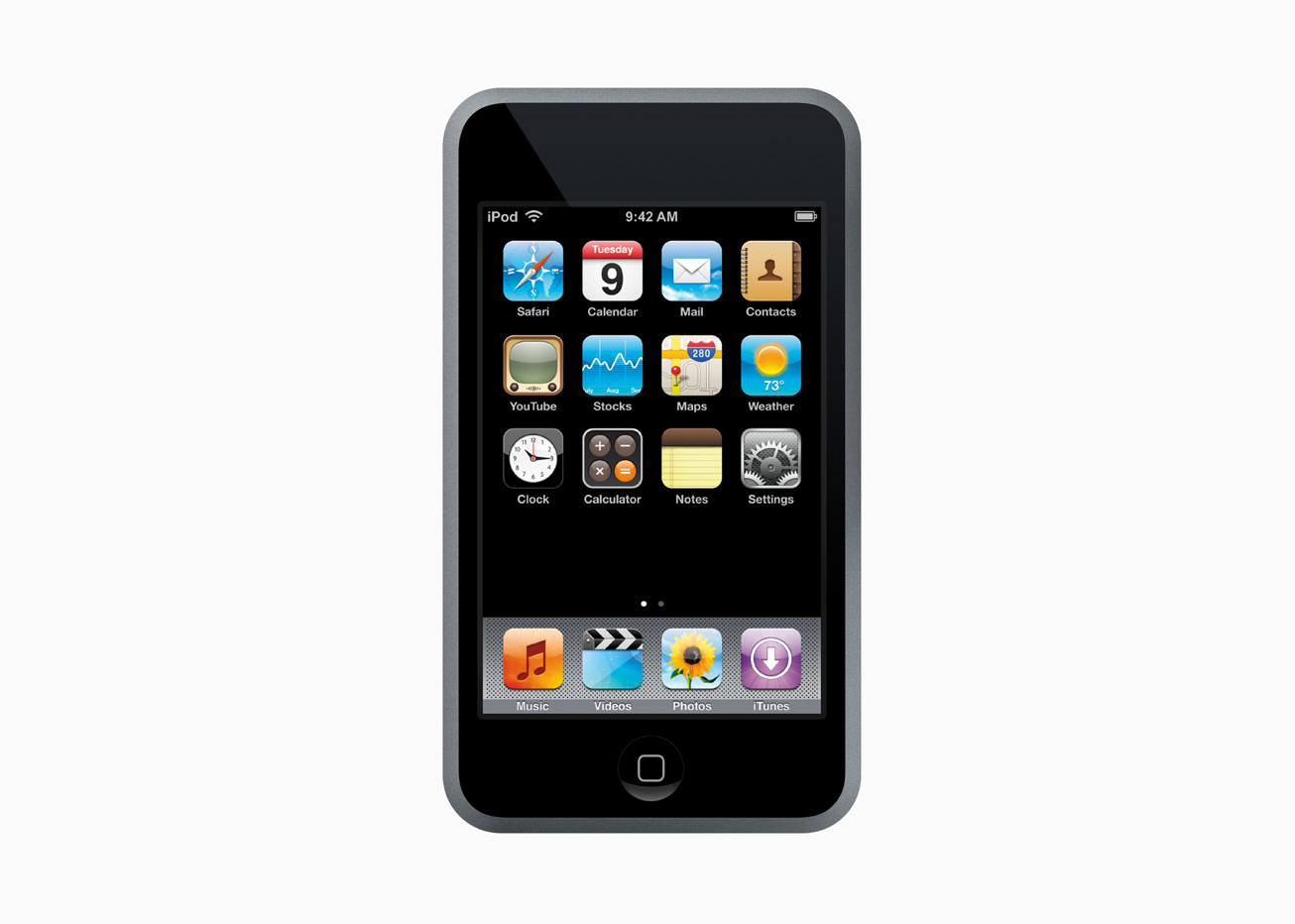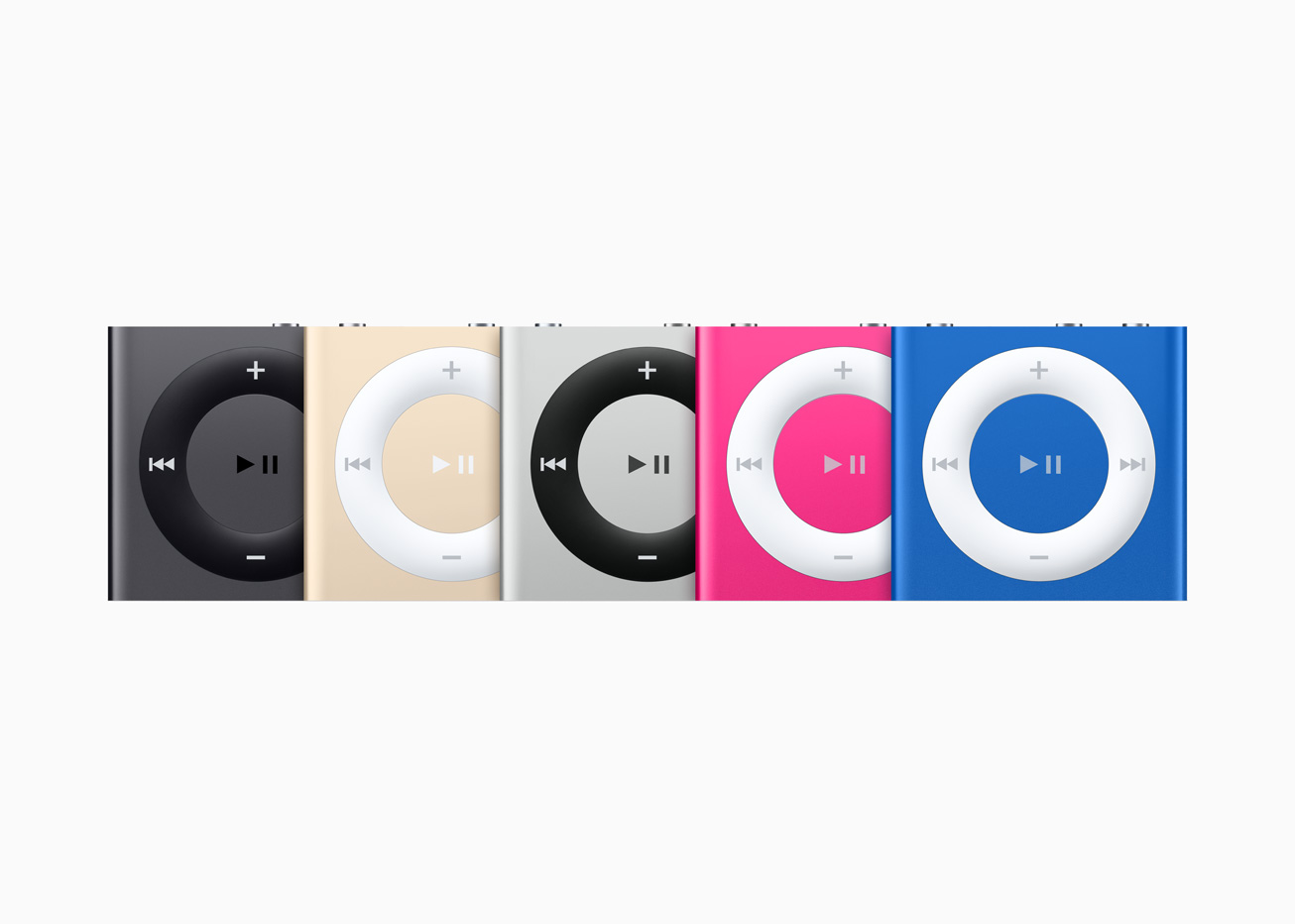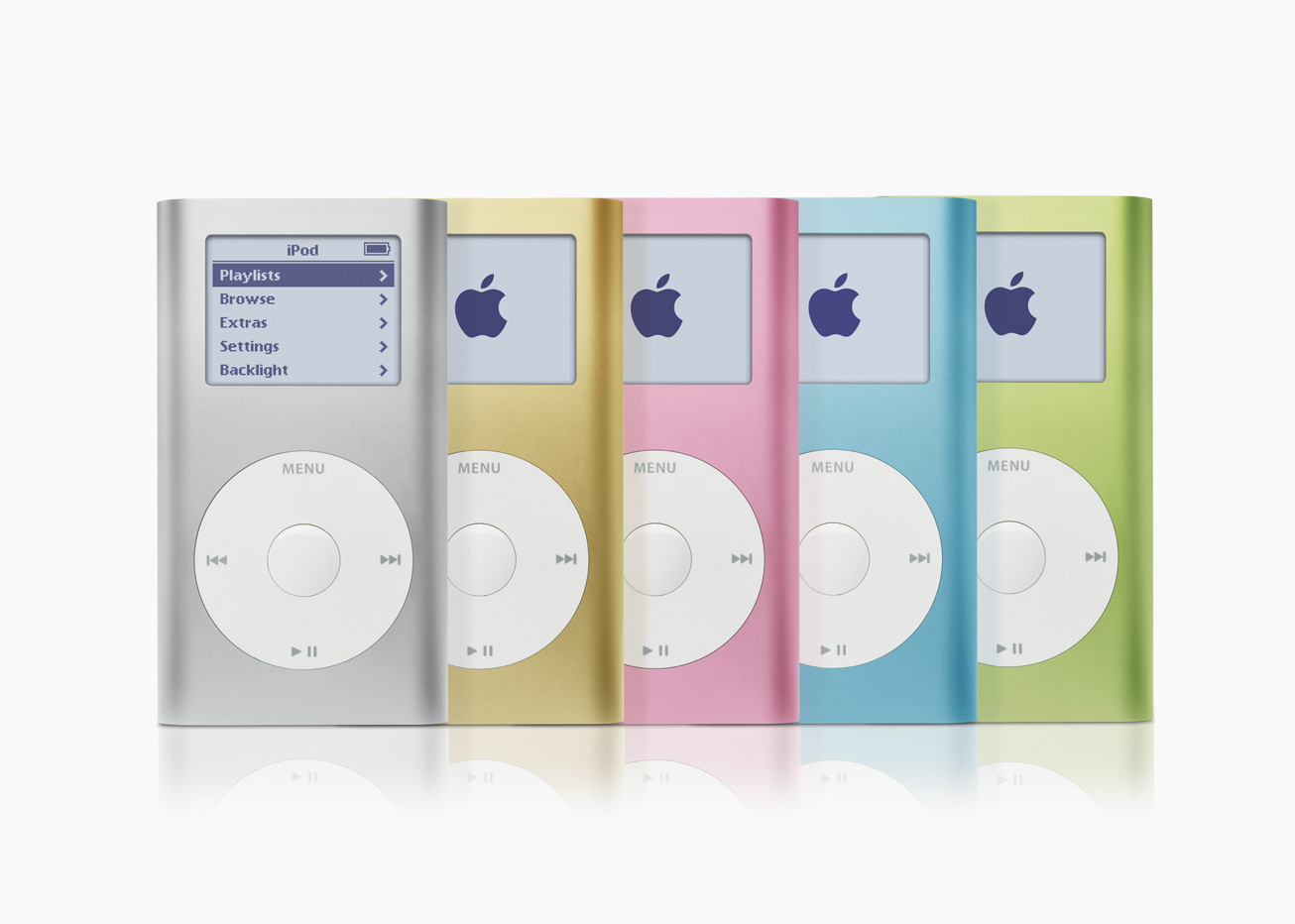
And just like that. An announcement from Apple that it was discontinuing the iPod heralded the end of an era, bringing an end to the most revolutionary music device of the 21st century – one that ultimately became a victim of its own success.
Almost all of us will remember our first iPods. Nimble and lightweight, they gave us access to a world of music. I remember buying (“buying” with it being connected to my dad’s credit card) Jay-Z’s The Black Album as a kid and listening to it on repeat, enthralled that not only could I listen to it endlessly, but I could take it round with me.
I could tune-in to one of the all-time greats at just the touch and stroke of a few buttons, connected only by those iconic white headphones. I wasn’t alone – far from it.
In fact, since the iPod was introduced in 2001, over 450 million of them have been sold, according to tech research firm Loup Ventures. Each of these in turn was a pocketable portal to more than 90 million songs and 30,000 playlists.

As creators of a device that gave us such access to music – the most primal of human products that can never be replaced – it meant good business for Apple as we continued to buy songs from Apple Music. The Black Album alone cost £7.99 (I remember it distinctively – Dad, I owe you an expensive London pint).
Multiply that by the number of consumers and you can see why such an interconnected product and service helped Apple become the big juicy company it now is.
In raw numbers, when the first iPod launched in October 2001, the company was worth $6 billion. The iPod helped it on its way to become the $2 trillion+ company it is today (and the first ever $3 trillion dollar-valued company at the start of this year).
Its success was also down to its ability to evolve, embodying the entrepreneurial spirit of Apple’s founder, Steve Jobs. When it launched, the iPod was the first MP3 player to hold 1,000 songs. That’s 71 and a half copies of The Black Album. (Although that’s still less than the 99 problems Jay-Z claims to have).

Then there was the iPod Mini, which by 2004 did everything even more powerfully and in an even more lightweight form; the iPod Shuffle did something bold by taking away our choice (just guess what came up on mine); then the iPod Nano had up to 24 hours battery life (that’s The Black Album, for 24 hours straight) and put 2,000 songs into our pocket, on a device with a flashy array of colour options to choose from.
The iPod touch, thrust upon the world in September 2007, then gave us a whole new way of interacting with this multi-touch interface. Music became something we physically pressed on, scrolled through and selected. Not quite the experience of playing vinyl, but revolutionary all the same.
It meant we could also listen to music and play games. Angry Birds, Doodle Jump, Pocket God – all played to the accompaniment of you know what.
Many generations of each device would come. The 7th generation Nano (the thinnest yet, and now ever), came in 2012, for instance; the brightly-coloured 4th generation Shuffle was introduced in 2015.

Yet ultimately, the iPod would evolve until it could evolve no more. That quality that had served it and its company so brilliantly, came to a head. That is when you bear in mind the release of the iPhone, first put out in 2007, and its near-identical characteristics as the iPod Touch – bar, of course, the fact you could call and message people.
Soon consumers would seem little value in buying something that their phone doubled-up as. In fact, last year an estimated three million iPods were sold, which might seem significant, but this is just a fraction of the estimated 250 million iPhones sold in that period.
Underlying this, of course, is the fact Apple has never fallen by the wayside, but rather completely altered the way we listen, and buy, music. Neither a Walkman nor a Napster, Apple have continued to put out successful iterations of its products.
“The music lives on,” Apple’s statement is titled, announcing the recent news. That it certainly does – whether it’s Jay-Z’s The Black Album or anything else you fancy. We’ll still all ultimately be listening to music on our fancy new iPhones.




